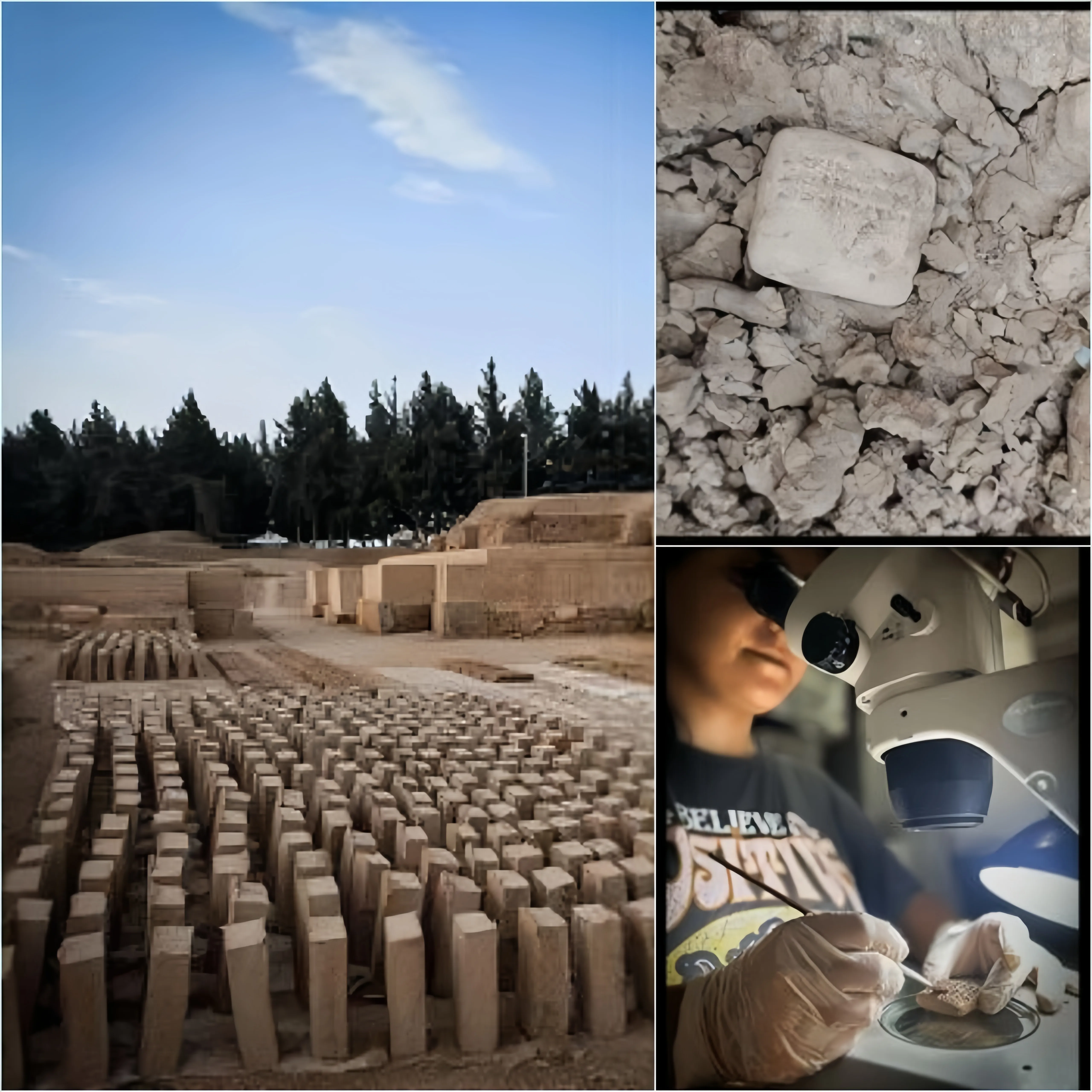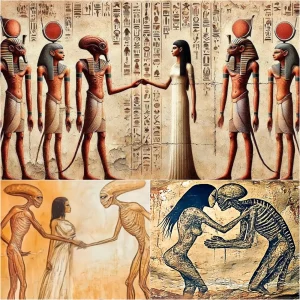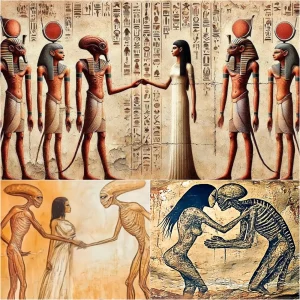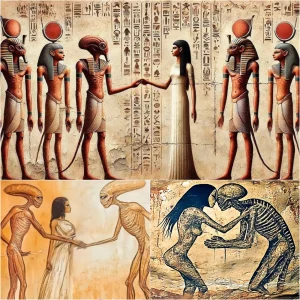An excavation team in Turkey has unearthed a 3,500-year-old clay tablet resembling a modern-day shopping list for furniture. Discovered at Tell Atchana near Antakya in southern Turkey, this tablet offers new insights into the daily life and economic practices of an ancient civilization. Tell Atchana, historically known as Alalakh, was the capital of the Kingdom of Mukish in the second millennium BC and was occupied by the Amorites, a Semitic-speaking people from western Mesopotamia.

The tablet was found during restoration work following an earthquake in the Old City of Alalakh, located at the Aççana Mound in Hatay’s Reyhanlı district. Measuring just 1.6 by 0.6 inches and weighing 0.06 pounds, the tablet dates back to the 15th century BC. Despite its small size, it details a significant purchase of wooden tables, chairs, and stools, akin to a modern inventory list. Experts believe this discovery could reshape our understanding of trade, commerce, and social structure in the 15th century BC.
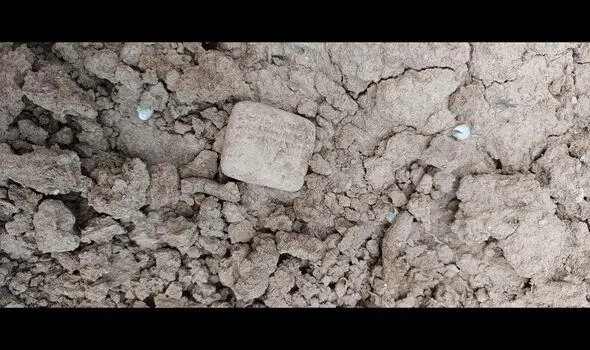
The tablet’s text is inscribed in Akkadian cuneiform, a logo-syllabic writing system widely used in the ancient Middle East. Cuneiform, the oldest form of writing, used between 600 and 1,000 characters impressed on clay to represent words and syllables. This remarkable find not only highlights the sophistication of ancient trade practices but also provides a unique glimpse into the daily life of the time.
